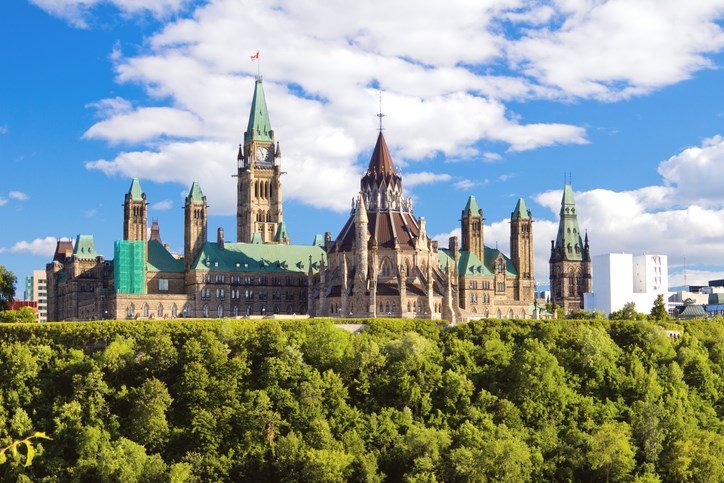Just how difficult a task opposition parties face in trying to win power was on display in four recent federal byelections and recent polling in B.C. and Ontario.
Despite many months of being bashed over the head again and again with such issues as foreign interference in politics, a crumbling health care system and a rising cost of living, the federal Liberal party was able to hang on to two seats and nearly won a safe Conservative seat in those byelections.
And a poll by the Angus Reid Institute showed that although most voters in both B.C. and Ontario think their provincial government is performing miserably when it comes to handling the most pressing issues, both governments would easily be re-elected to a majority status if a vote were held today.
In fact, it’s rather astonishing when you consider that about eight in 10 B.C. voters give the BC NDP government a failing grade on three critical issues — cost of living, health care, and housing — yet almost half are willing to vote for the party.
The Reid poll put the BC NDP’s support among decided voters at 47 per cent, a huge 18-point lead over the BC United Party. This, despite the NDP getting little credit when it comes to key issues.
The voter dissatisfaction over the government’s performance on key issues is at similar levels in Ontario, although the Doug Ford government, while comfortably ahead among decided voters, is benefiting from a split opposition.
Of course, the 18-point gap in B.C. is likely largely attributable to the unfamiliarity with the new BC, United “brand,” but that doesn’t explain the NDP’s gaudy level of support at a time when few people approve of the job the party is doing.
Also in the mix may be a genuine dislike of what people see from BC United and its leader Kevin Falcon right now. The party is shifting right, and voters may be offside with that.
Certainly, questions about leadership and right-wing drift abound at the federal level. Conservative leader Pierre Poilievre’s personal popularity numbers are hovering around those for Prime Minister Justin Trudeau (both at around 36 per cent in the latest Reid poll) and he has a particular problem with women voters.
The byelection results magnified a significant vulnerability facing the Conservatives. The party lost badly in Winnipeg-South Centre, the kind of urban riding it needs to win (it held the riding when Stephen Harper was prime minister) if it hopes to gain power.
The Conservatives also nearly lost the semi-rural Ontario riding of Oxford, normally a party stronghold.
As I noted here last week, byelections are supposed to be easy fodder for opposition parties, particularly when a government is getting dragged through shards of glass on a regular basis. That wasn’t the case last month (in fact, it was the Conservatives that lost ground, not the ruling Liberals).
For now, anyways, voters seem willing to give incumbent governments enormous latitude and a very long runway.
If that mood continues (it appears to have taken hold at the beginning of the pandemic and has yet to disappear in many places) it all adds up to potentially bad news for most opposition parties.
Trying to make the case that they are a better fit for government than the incumbent can be a tough sell right now.
Keith Baldrey is chief political reporter for Global BC.




.jpg;w=120;h=80;mode=crop)
